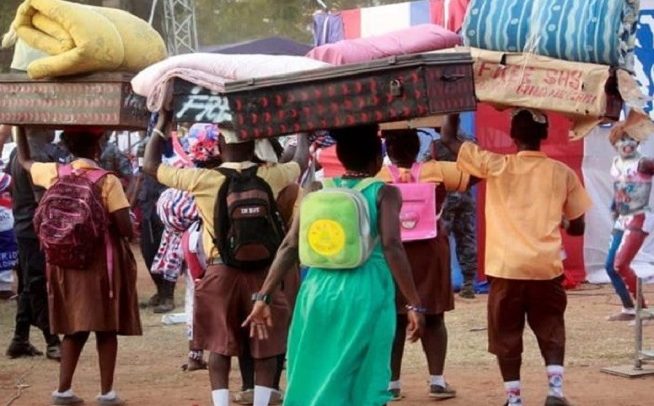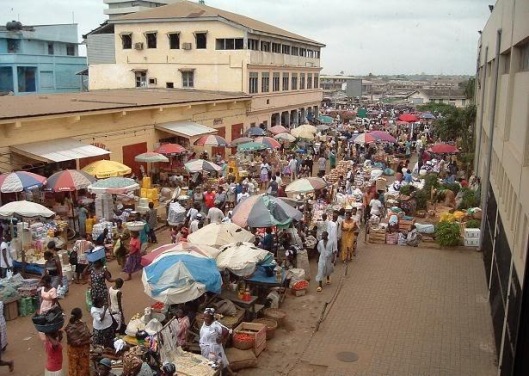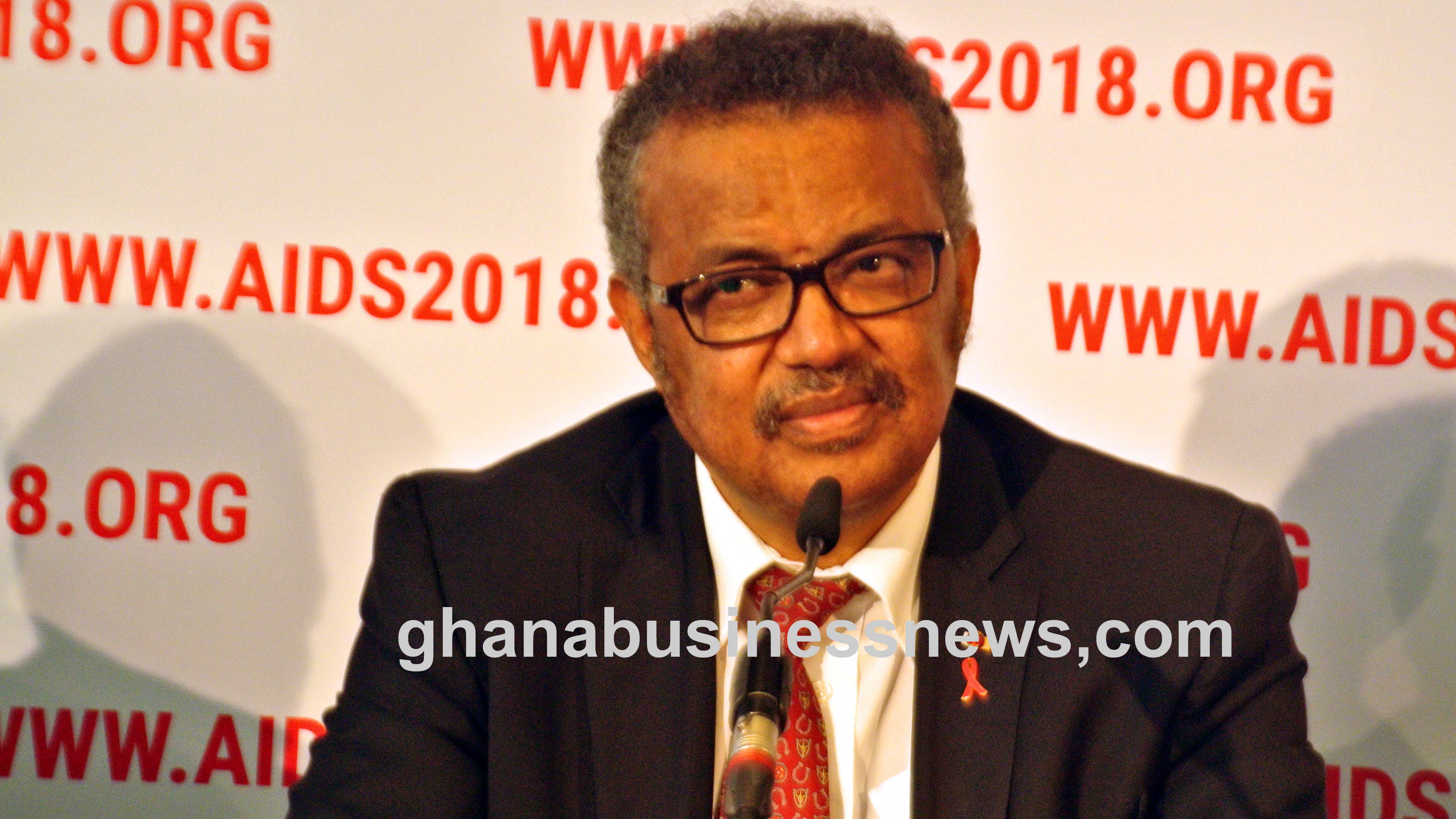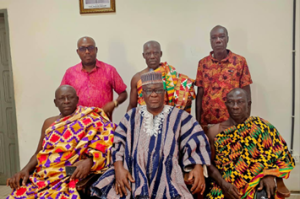
The Executive Director of the Planned Parenthood Association of Ghana (PPAG), Abena Adubea Amoah Acheampong has described the double track system under the Free SHS policy as a population crisis.
"This Double Track is a result of an unplanned population. We did not plan ahead and so have been forced to find alternative means of solving the problem," she observed at the launch of the maiden Population and Development Journalists Award in Accra yesterday.
The awards slated for July 2019 is in partnership with the National Population Council (NPC) to help bring to the fore issues bordering on population management and sexual reproductive health and rights (SRHR) in the country to cause societal change.
It is expected to also recognise and promote media reportage on SRHR to allow for increased government budgetary allocations to the area while encouraging positive public responses especially on family planning.
Sharing some scary statistics from the recently launched Ghana Maternal Health Survey report, Mrs. Acheampong pointed out that 10 per cent of deaths among women in the country aged 12 to 49 were due to direct maternal causes with obstetric haemorrhage the largest single cause of direct maternal deaths.
According to the report, teenage pregnancy stood at 14 per cent which means that out of every 100 young girls, 14 of them got pregnant before adulthood and lost out on the possibility of achieving their dreams.
"Our maternal deaths still stand at 319 per 100,000 live births with lots of young girls still being given out in marriage whilst they are children."
"Most of the fistula cases and maternal deaths are as a result of child marriage. According to UNICEF, 21 per cent of girls get married before age 18 with rates as high as 39 per cent in the Northern regions of Ghana," she indicated.
The Executive Director said it was against such alarming backdrop that the media awards had been initiated to complement actions towards addressing the canker which she noted had dire effects on socio-economic growth.
"It is our expectation that through these awards the media can help break the culture of silence and high levels of stigma and discrimination associated with population and development issues by promoting openness and public discussions of these issues," she stated.
The Executive Director of the NPC, Dr. Leticia Appiah in an address observed that the "lack of policy synchronisation" was the bane of the increasing population being experienced in the country.
Disclosing that processes were underway to revise the country's population policy, the Executive Director stressed that "by the policy, we have set targets to achieve so for instance institutions like the Ghana Health Service (GHS) should draw its source from it in rolling out its programmes."
"We need to begin to do things coherently because the effect is bearing on all of us. So that if you have if you want to give birth to 10 children that is your personal choice but government resources should be limited to the targets so there can be balance between resource distribution and the people."
The Information Minister, Kojo Oppong Nkrumah urged the media to "take up the challenge thrown at us and help shape public mindset on the topic to generate the need attention from policy makers and stakeholders alike."
He called on corporate entities to support the award scheme to sustain the campaign.
Read Full Story


















Facebook
Twitter
Pinterest
Instagram
Google+
YouTube
LinkedIn
RSS